Top billed cast
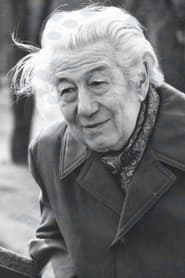 Miloslav Holub
Miloslav HolubLuděk Eliáš
Anna Kratochvílová
Adolf Kohuth
Jana Vaňková
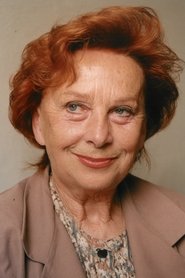 Milena Asmanová
Milena Asmanová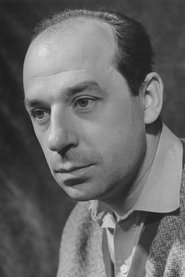 Karel Vochoč
Karel VochočPřemysl Matoušek
Miroslav Horák
Naděžda Letenská
Similar to Fidlovačka aneb Žádný hněv a žádná rvačka
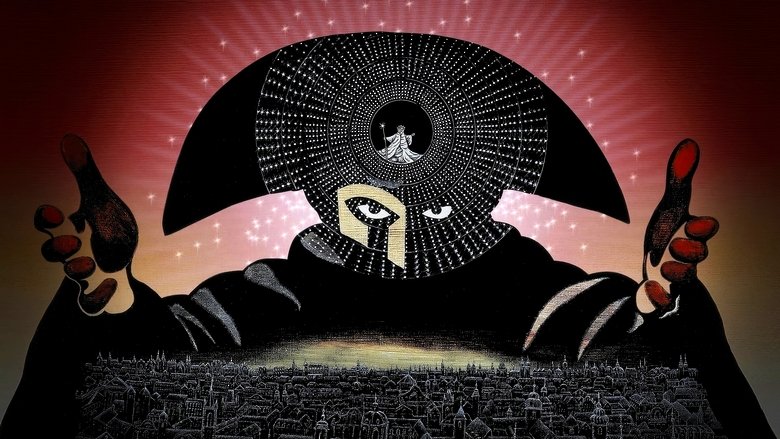
Amadeus (1984)
Disciplined Italian composer Antonio Salieri becomes consumed by jealousy and resentment towards the hedonistic and remarkably talented young Salzburger composer Wolfgang Amadeus Mozart.
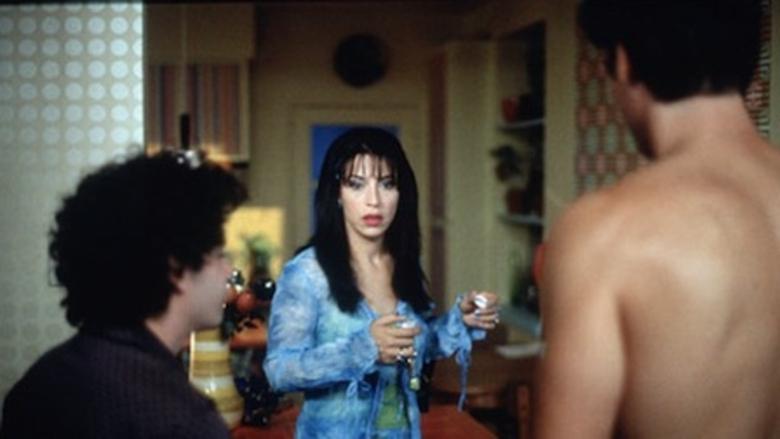
Mambo Italiano (2003)
When an Italian man comes out of the closet, it affects both his life and his crazy family.
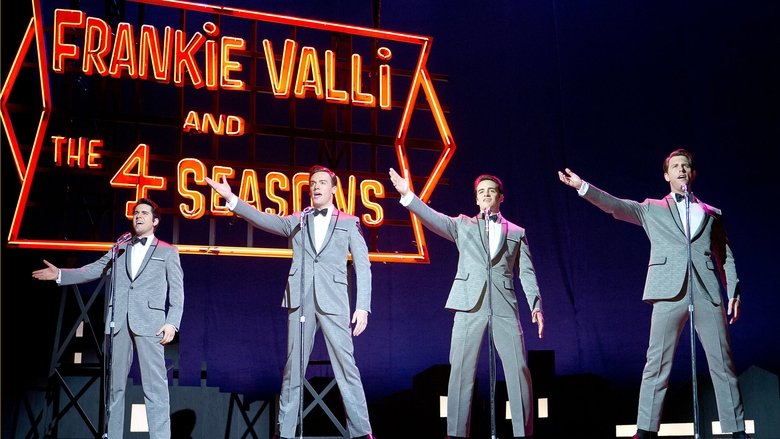
Jersey Boys (2014)
A musical biopic of the Four Seasons—the rise, the tough times and personal clashes, and the ultimate triumph of a group of friends whose music became symbolic of a generation. Far from a mere tribute concert, it gets to the heart of the relationships at the centre of the group, with a special focus on frontman Frankie Valli, the small kid with the big falsetto.
Dve frašky (1979)
In Gack's house, someone is constantly robbing him of bread and pastries. The main suspect, according to Lopušný, is his companion Belák. The farce ends with Gacek being punished, Lopušný and Belák being compensated and reconciled with the rich thief. The main storyline of the farce Pytač consists of the fourfold transformation of the landowner Dobši, his wife Pľuta and his daughter Matilda, who is about to be married off.
3 Is a Family (1944)
Based on a play by Phoebe and Henry Ephron, "3 Is a Family" is a 1940s farce. Charlie Ruggles plays a hubby whose bungled business schemes force his wife, Fay Bainter, to enter the workplace. The couple's daughter, Marjorie Reynolds, shows up with her twin babies in tow. Son Arthur Lake arrives with his pregnant wife (Jeff Donnell). And overbearing maiden aunt Helen Broderick also decides to move in. Because his wife is away at work, poor old Charlie Ruggles is not only housekeeper, but nursemaid and servant as well.
Pickwick (1969)
Pickwick is a British television musical made by the BBC in 1969 and based on the 1963 stage musical Pickwick, which in turn was based on the 1837 novel The Pickwick Papers written by Charles Dickens. It stars Harry Secombe as Samuel Pickwick and Roy Castle as Sam Weller. This television production was based on the stage musical Pickwick which had been a commercial success. It was adapted for the screen by James Gilbert and Jimmy Grafton. The musical had premiered in the West End in 1963, again with Harry Secombe in the lead role. Running at 90 minutes and made in colour, the TV musical again had lyrics by Leslie Bricusse and a score by Cyril Ornadel. The book was by Wolf Mankowitz and it was directed by Terry Hughes. The programme was first transmitted on 11 June 1969 and again on 26 December 1969. One of the better known songs from the score is "If I Ruled the World". The cast of this production differed somewhat from that of the stage musical.
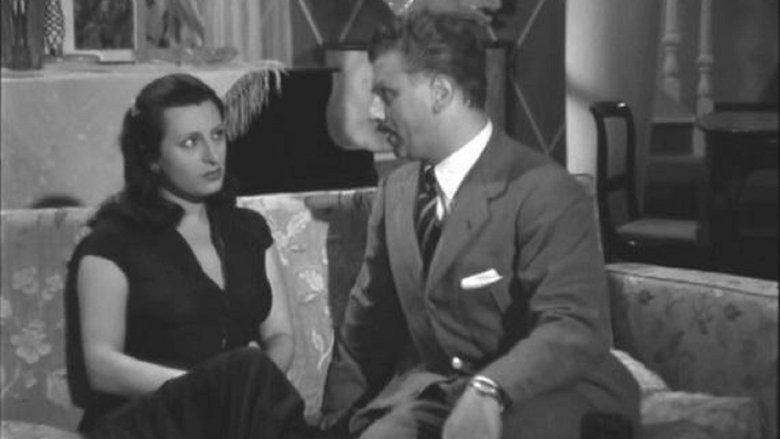
Quartetto pazzo (1945)
Elena invites her former husband Roberto to her country house with the aim of winning him back while her sister Monica invites her lover Filippo.
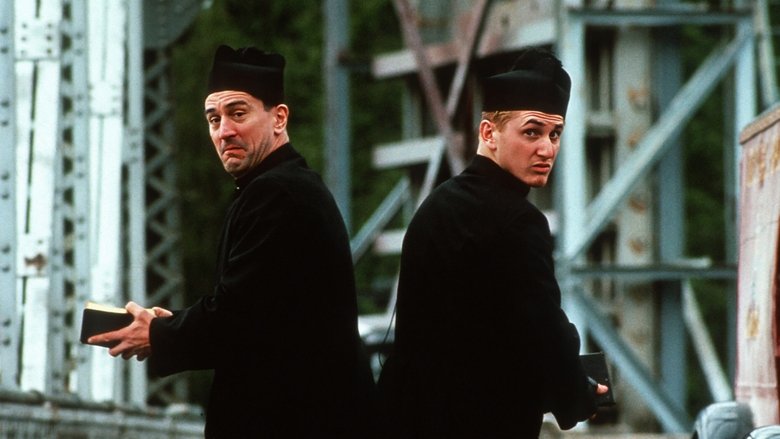
We're No Angels (1989)
Two escaped cons' only prayer to escape is to pass themselves off as priests and pass by the police blockade at the border into the safety of Canada.
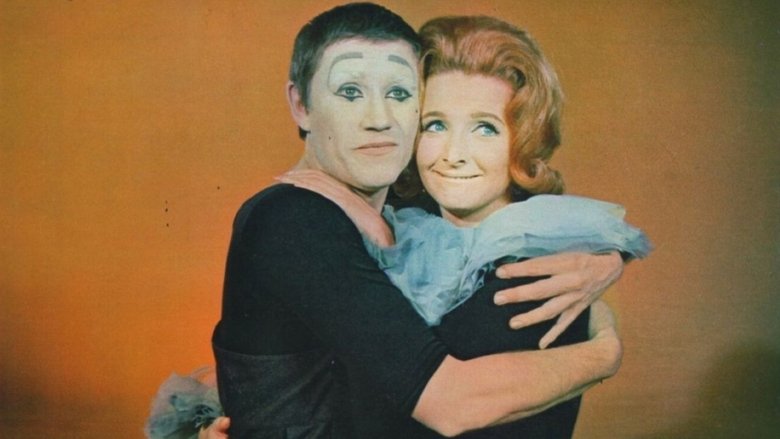
Stop the World: I Want to Get Off (1966)
The Anthony Newley/Leslie Bricusse London and Broadway musical hit Stop the World, I Want to Get Off is given literal treatment in this filmization. Newley stars as Littlechap, whose allegorical rise to success is countered by the instability of his private life. Like the play, the film is staged impressionistically, with Newley decked out in mime makeup and periodically stopping the action to address the audience, and with all the women in his life -- German, American and "Typically English" -- played by a single actress (Millicent Martin, taking over from the stage version's Anna Quayle). In Wizard of Oz fashion, the play itself is lensed in color, while the brief prologue, showing the actors preparing for their performance, is in black-and-white. The production includes such standards (and perennial audition pieces) as What Kind of Fool Am I? and Gonna Build a Mountain.
Paper Sleeve (1993)
The title character of this somewhat bitter comedy is Klára Zárubecká, a saleswoman at a train station buffet, a resolute and energetic woman who, with enviable enthusiasm, attempts to restore her family's reputation and thus ensure a happy future for her younger brother. In her everyday life, when Klára forces her customers to buy kittens, rejects a persistent admirer nicknamed Funebrák, and saves money for a large, albeit somewhat neglected villa, her stepbrother Fanda arrives with his girlfriend Erika, and her stepfather Viktor arrives with his mistress, wanting to borrow money from her, as he has done so many times before.
Usted tiene ojos de mujer fatal (1975)
Madrid, Spain, early thirties. The charming playboy Sergio Hernán is an unscrupulous womanizer who over the years has seduced and abandoned hundreds of women with the complicity of Oshidori, his cynical butler. However, his brief encounter with Elena Fortún, blonde, posh and a bit cheesy, unexpectedly leaves an indelible mark on his soul.
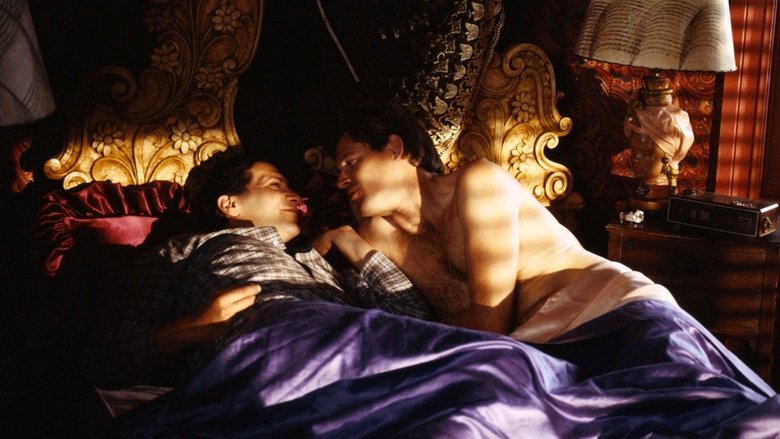
Torch Song Trilogy (1988)
Arnold is a gay man working as a drag queen in 1971 NYC. He meets a handsome bisexual man.

Hamlet Goes Business (1987)
When Hamlet discovers his father’s deceased body, he finds himself pulled into a power struggle as his scheming uncle attempts to secure a monopoly on the Scandinavian rubber duck industry. Will Hamlet avenge his father? Will he become the king of rubber ducks? Does any of it really matter?
Los habitantes de la casa deshabitada (1946)
In a dark and stormy night, Raimundo's car suffers a breakdown, so he and Gregorio, his chauffeur, must try to ask for shelter in the only nearby house, a sinister mansion, of those that seem inhabited by ghosts.
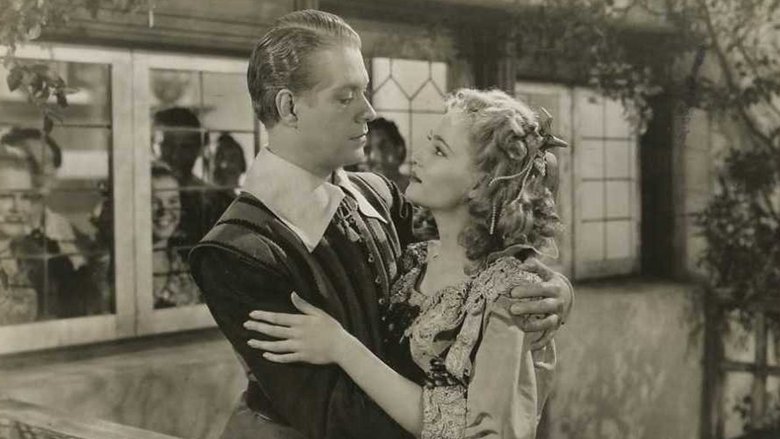
Knickerbocker Holiday (1944)
The wild and woolly early days of New York -- when it was still known as New Amsterdam -- provide the backdrop for this period musical-comedy. In 1650, Peter Stuyvesant (Charles Coburn) arrives in New Amsterdam to assume his duties as governor. Stuyvesant is hardly the fun-loving type, and one of his first official acts is to call for the death of Brom Broeck (Nelson Eddy), a newspaper publisher well-known for his fearless exposes of police and government corruption. However, Broeck hasn't done anything that would justify the death penalty, so Stuyvesant waits (without much patience) for Broeck to step out of line. Broeck is romancing a beautiful woman named Tina Tienhoven (Constance Dowling), whose sister Ulda (Shelley Winters) happens to be dating his best friend, Ten Pin (Johnnie "Scat" Davis). After Stuyvesant's men toss Broeck in jail on a trumped-up charge, Stuyvesant sets his sights on winning Tina's affections.
Rakuuna Kalle Kollola (1939)
Cavalryman Kalle Kollola makes a fool of himself in order to get by with less service during his time in the army. Aunt Loviisa, who has come to see him, urges her witty but lazy cousin to straighten up. Aunt Loviisa also helps Miss Hilja Aro settle her differences with the horse master Kalpa.
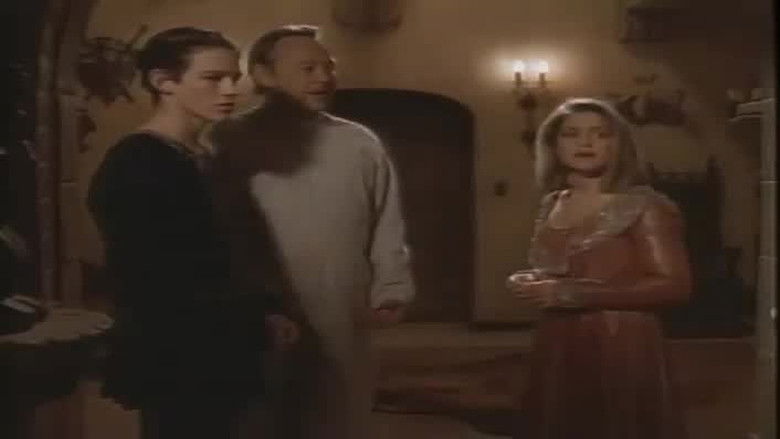
Monster Mash: The Movie (1995)
Teenagers Scott and Mary are on their way to a Halloween party when their car breaks down, and they encounter a creepy castle where the depraved Dr. Frankenstein seeks to put Scott's brain in his monstrous creation. As for Mary, Count Dracula wants her for... well, you know.
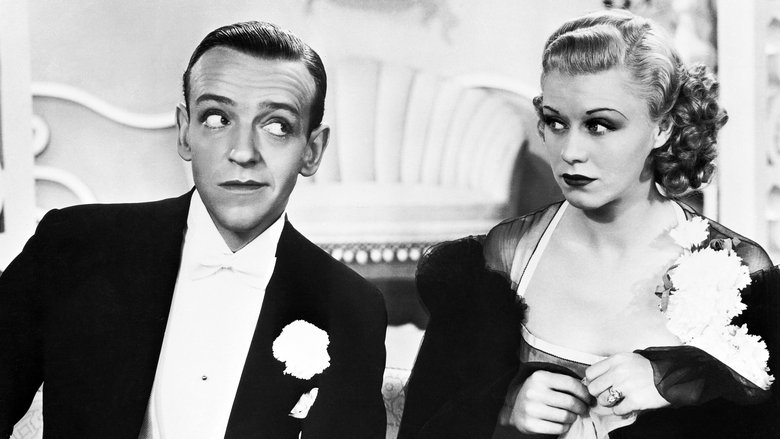
Top Hat (1935)
Showman Jerry Travers is working for producer Horace Hardwick in London. Jerry demonstrates his new dance steps late one night in Horace's hotel room, much to the annoyance of sleeping Dale Tremont below. She goes upstairs to complain and the two are immediately attracted to each other. Complications arise when Dale mistakes Jerry for Horace.
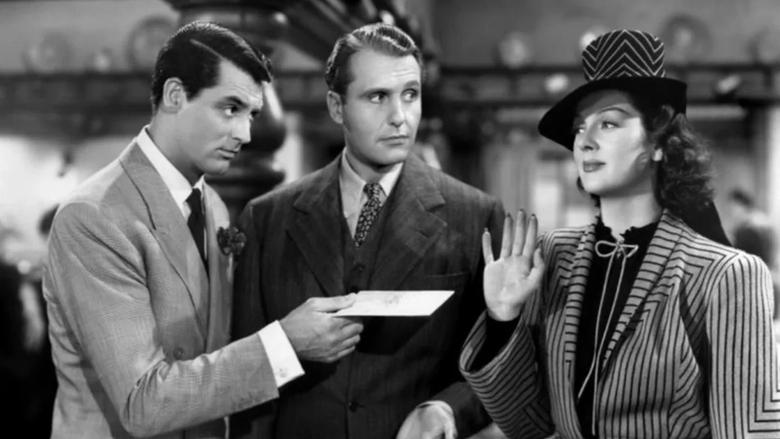
His Girl Friday (1940)
Walter Burns is an irresistibly conniving newspaper publisher desperate to woo back his paper’s star reporter, who also happens to be his estranged wife. She’s threatening to quit and settle down with a new beau, but, as Walter knows, she has a weakness: she can’t resist a juicy scoop.